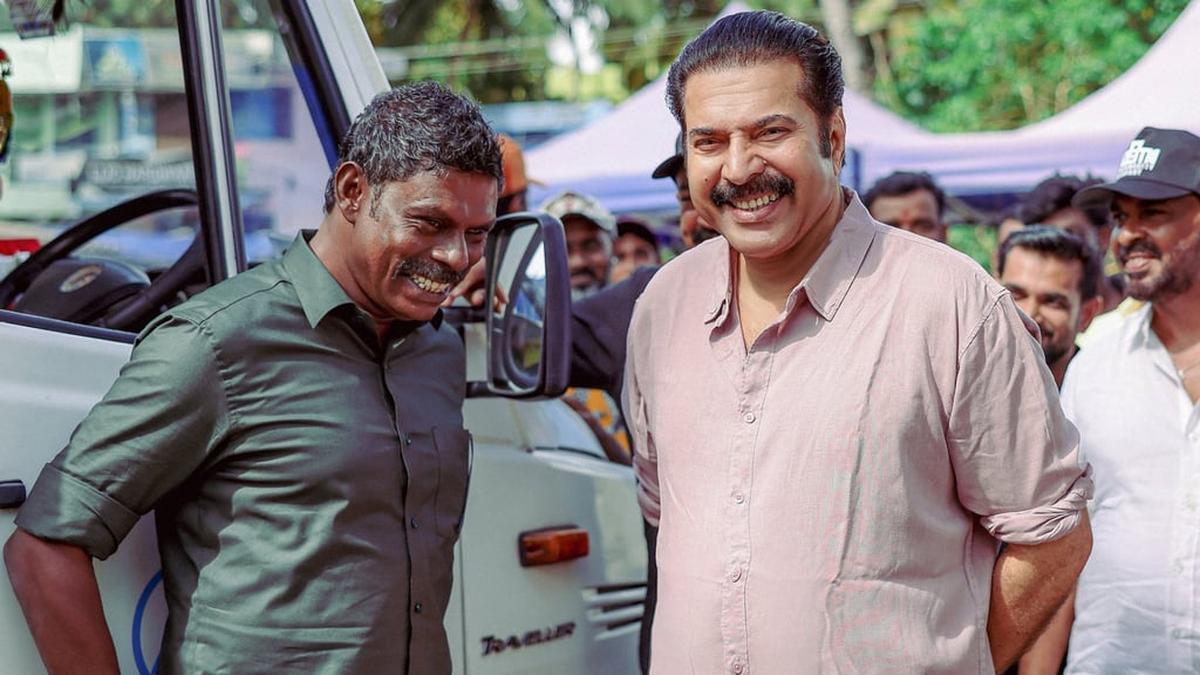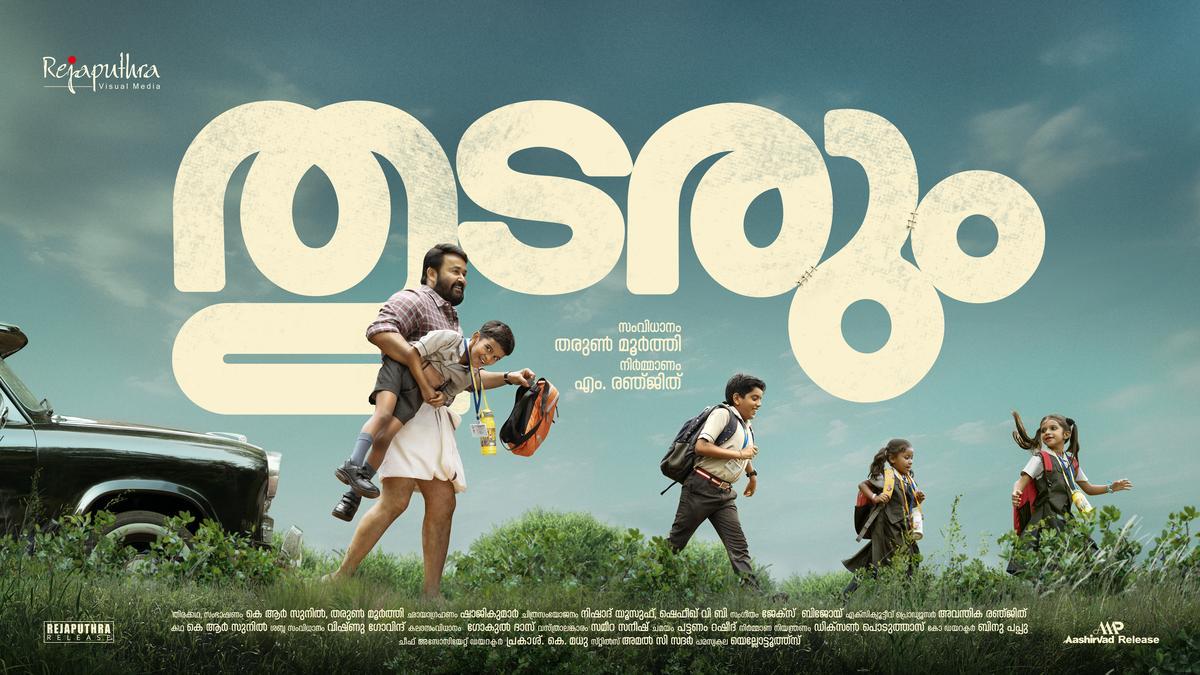
At the age of 15, legendary screenwriter and lyricist Javed Akhtar left his family behind and set off for Mumbai with dreams of making it big in the film industry. This decision marked the beginning of a long and arduous journey, one filled with hardships that Akhtar vividly recalls. Known for his work as part of the iconic duo Salim-Javed, Akhtar’s experiences have now been documented in the three-part docuseries ‘Angry Young Men’, where he reflects on his formative years in Mumbai, formerly known as Bombay.
In a poignant moment during the docuseries, Akhtar gets emotional remembering the scarcity he faced upon his arrival in the city. From being deprived of food to not having a place to sleep, the hardships Akhtar endured shaped his steadfast will and determination. Speaking about his early days in the city, Akhtar shared, “When you’re a teenager, life seems easy, and you think you can do anything. That was my mindset. I graduated and decided to move to Bombay to work as an assistant director, ideally with directors like Guru Dutt or Raj Kapoor. I admired them back then and believed I’d become a director myself shortly.”
However, the reality of his new life was starkly different from his dreams. Akhtar recounted the incredible difficulties he faced, recalling, “I slept at railway stations, studio compounds, in corridors, on benches, and so on. Sometimes, I had to walk miles from Dadar to Bandra because I didn’t have money for bus fare. There were days when I realized that I hadn’t eaten for two days. Even in such moments, I thought about how these experiences would be incredible to share in an autobiography someday. I never once thought that I wouldn’t make it.”
Despite the overwhelming adversity, Akhtar remained resolute and never asked anyone for financial help. By the time he was 18, the severity of his situation hit home more than ever. “I realised I had nothing to wear,” he said, explaining how his last pair of trousers was so worn out that they could no longer be worn. He had no means to replace them and was left with literally nothing to wear.
.
As he delved deeper into his past, Akhtar’s eyes welled up. He shared how being deprived of basic needs like food and sleep left a lasting mark on his psyche. Even today, Akhtar is occasionally taken aback by the luxuries he can afford. “When I go to a five-star hotel with large, sprawling double beds, I sometimes find myself reflecting back to those old days. I remember traveling to Bombay in a third-class train compartment that took two days, where there wasn’t even a place to sit or lean against, and I was deprived of any sleep. In such moments of reflection, I think about how tired I was and how much a little stretch of that double bed would have meant to me back then.”
In the comfort of his success, Akhtar occasionally still feels a sense of disbelief. “Sometimes I’m served breakfast on a trolley with butter, jam, half-fried eggs, and coffee, and I wonder if I truly deserve it even now. This breakfast can’t be for me; it must be someone else’s. These thoughts never escape me,” he admitted candidly.
The docuseries ‘Angry Young Men’, which premiered exclusively on Prime Video in India on August 20, sheds light on Akhtar’s early struggles, offering an intimate glimpse into the life of one of Bollywood’s most celebrated figures. The series captures how his adversities were pivotal in shaping his career and personality, making his success story even more remarkable.
Elaborating further, Akhtar talked about the indelible impact of his ordeals. “If you have ever been deprived of food or sleep in your life, it leaves a deep mark on you that you will never forget. These are experiences that stay with you forever.”
Javed Akhtar’s tale is not just one of struggle and hardship but also of unwavering perseverance. His journey from destitution to fame resonates with many, illustrating that resilience and determination can indeed turn the wheel of fortune. As his words continue to inspire, Akhtar’s recollections serve as a testament to the power of enduring hope and relentless ambition amid life’s most testing times.










